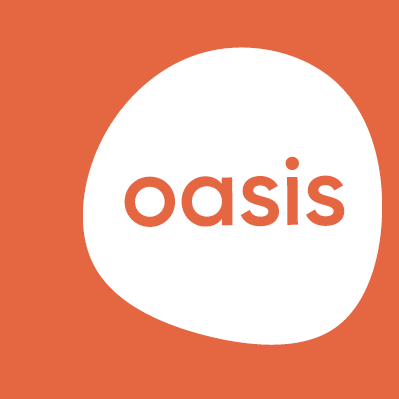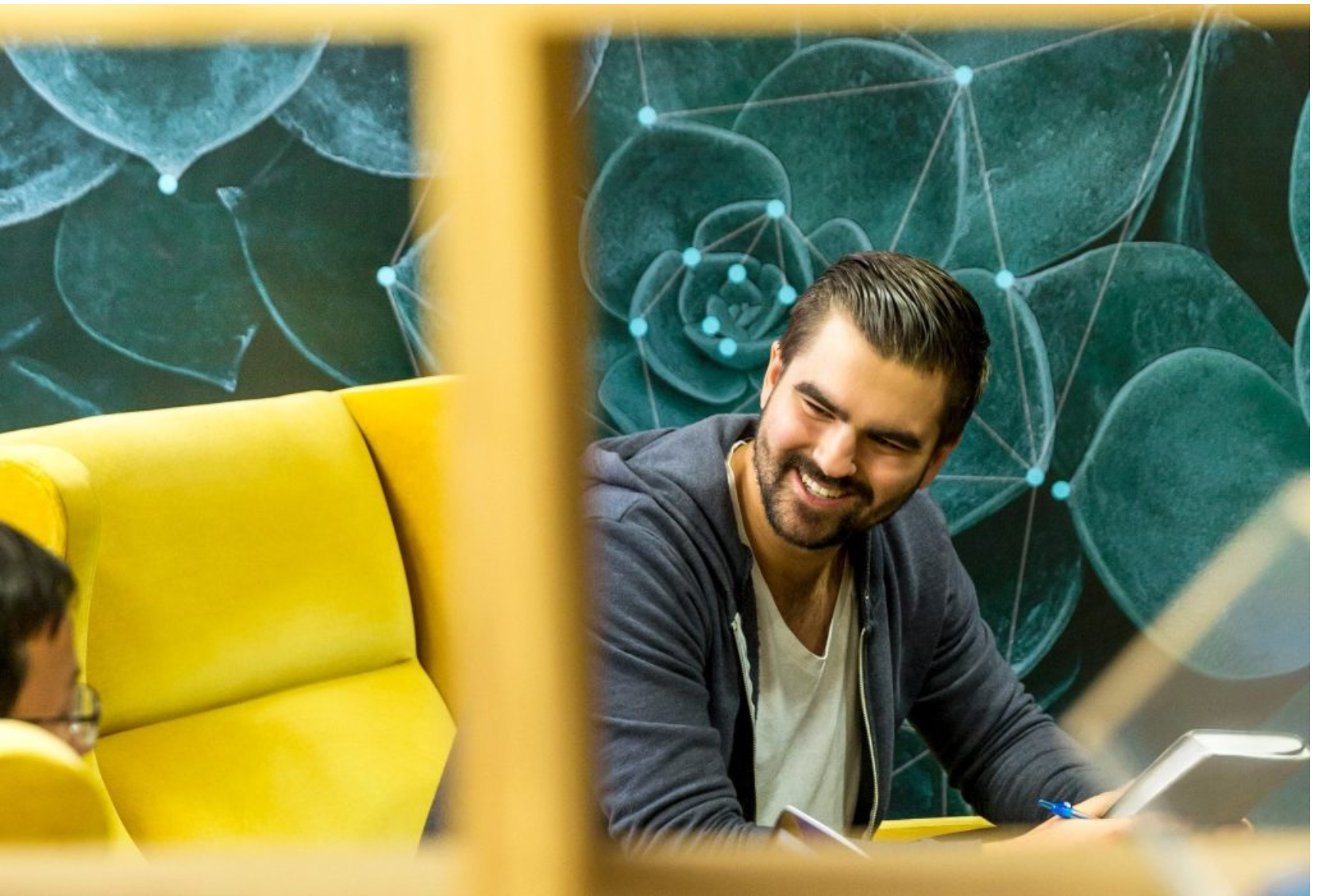The importance of relationship in work place wellbeing
At a basic level, we want our people to perform the job they’re being paid to do.
At an organisational level (if they’re lucky) we also hope they’ll find our workplace a space where they can be their best, feel well cared for, motivated and supported. A place where they can grow (should they wish).
At a humanistic level, we hope our people will be able to talk to us about what’s in their heart, or what’s troubling their souls.
In my experience most people manage others at the first, basic level, against a job description and a list of tasks. Why is that? Perhaps because it can feel easier managing at that level (avoiding the difficulty of talking about feelings and conflict). Knowing how to cultivate relationships and still feel respected as a team leader can feel tricky. It’s terrain that’s full of awkward boundaries to be navigated (on both sides) and lots of unknowns. This is enough to send the bravest of intrepid managers into hiding.
The solution? Cultivating the skills of relationship.
Why does relationship matter so much to wellbeing? It matters for these reasons:
When we’re able to connect with another on a human-to-human level, great things happen.
Connection is by far the fastest route to better emotional and mental wellbeing (both of which impact your physical wellbeing) – see Johann Hari’s book Lost Connection.
Most of our difficulties (that create stress, anxiety, frustration, anger, or disappointment) are driven from assumptions and meanings we make from how other people respond to us – it’s the root cause of most of our pain.
Feeling cared for, valued, respected, listened to and understood are fast-track ways to improve happiness at work, all of which lead to better performance.
It’s funny that we’re not explicitly taught how to be in effective relationships with others when we’re growing up. So much of our grown-up lives is dependent on being able to find a way to communicate, relate to and understand other people. Yet we spend most of our time fudging it, guessing, making assumptions and learning from moments of getting it wrong. We learn one way with one person (usually the hard way) and then apply the learning to everyone else (regardless of whether they’re the same).
For me I don’t remember school offering any resources on the matter of relationship skills (except how to avoid the cane and fit in). I learnt from my family system through observing, experiencing and making my own meaning (sometimes helpful, sometimes not). As we’ve grown older and more aware, we’ve had some tough and loving conversations about what works and what needs to change about our family system. These conversations have been uncomfortable but transformative.
Further education continues to teach skills and thinking capacity but nothing about feelings, relating and dynamics. So it’s not surprising to me that as adults in the workplace, one of the biggest barriers to working effectively with others is our capacity to be in good healthy relationships.
Solid healthy adult relationships require honesty, truth speaking, authenticity, vulnerability, dealing with conflict, welcoming anger, knowing our triggers and learning to manage them with consciousness, respect, embracing differences, challenge, empathy and love (I’m sure I’ve missed some).
Now I’m not sure about you, but when I last worked in an employed position, I remember mainly trying to get the job done, achieve our targets and reap the rewards (usually financial). I don’t remember any kind of ‘conscious relating’ conversations. Conflict was usually managed by banging heads together and telling people to just get on with it and stop failing. Most of the management training I received focused on how to get the most out of other people, not how to get the most out of our relationship (which would involve me taking a good look at myself and how I relate to others, as it did trying to understand others and our differences).
Opportunities and Challenges
I can remember several occasions when maybe I could have turned a challenge into a great opportunity: the time I was being bullied by a client and felt unsupported by my department; the time I got stuck in Cuba with a hospitalised friend and was told to get back to work and let her parents deal with it; the time I experienced burnout and felt I had to rush back to work or have a black mark against my previously squeaky clean sickness record; the time a peer kicked me when leaving a meeting because I’d said ‘the wrong thing’; the time I was so miserable in my job I felt my soul might weep into my computer. The list goes on…
All of these examples were opportunities to sit down with someone who could help and explore what was going on. All of these were opportunities to turn something negative into a positive, a chance to connect on a meaningful level, to understand our differences, our nuances, our conditioning. It might not have changed the output, but it would have kept me feeling more positively and kindly about the people I worked alongside and how I felt about being in that environment at that time.
So when you’re looking into what your organisation needs to cultivate a place to work that prioritises Resilience and Wellbeing, perhaps think about how you can support your people to develop the skills of relationship.
All of our programmes apply our unique whole person approach and require individuals to consider themselves at a deeper level and then in relationship with others. We start with the individual, then look at the team and then look at the business. That creates long-term sustainable skills that will help cultivate strong relationships and give you the know-how to manage uncertainty and difficulties on your path.
Jennifer Potter
Learn more about the Oasis Raw Network. Contact us for more information on how we can help embed employee wellbeing through our oasis counselling services.


